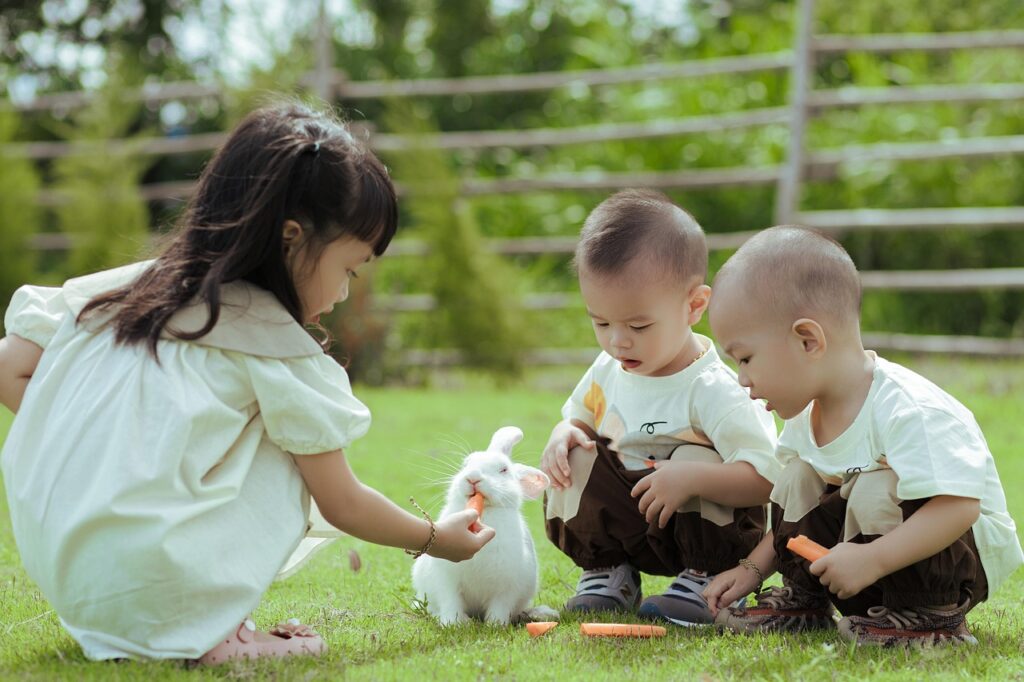
Teaching Your Child to Be Kind *
Kindness is one of the most important values a child can learn. It helps build empathy, strengthens relationships, and contributes to a more compassionate society. Teaching kindness doesn’t require grand gestures – small, everyday actions often have the biggest impact. Here’s how you can nurture this essential trait in your child, inspired by the practices of this prep school in Surrey.
Be a Role Model
Children learn by observing the adults around them. If they see you treating others with respect and compassion, they’re more likely to mirror that behaviour. Whether it’s holding the door open for someone, speaking kindly about others, or offering a helping hand, let your actions set the example.
You can also talk through kind decisions you make. For instance, saying, “I saw our neighbour struggling with her shopping, so I offered to help,” shows your child how to identify opportunities to be kind.

Use Books and Stories
Stories are a powerful way to teach values. Books that highlight characters showing kindness help children understand the concept in relatable contexts. Look for picture books and chapter books where kindness is a central theme, and use the storyline as a springboard for discussion. Ask questions like, “How do you think that character felt?” or “What would you have done in that situation?”
Some great options include Have You Filled a Bucket Today? by Carol McCloud or The Smartest Giant in Town by Julia Donaldson.
Praise Kind Behaviour
When your child shows kindness, no matter how small, acknowledge it. Positive reinforcement encourages them to repeat the behaviour. You might say, “That was so thoughtful of you to share your snack,” or “I noticed you included the new child at school – that was really kind.”
This also helps children understand what kindness looks like in different situations, building their emotional awareness and self-esteem.
Teach Empathy
Helping your child understand other people’s feelings is key to growing kindness. Encourage them to consider how others might feel in different situations. For example, if another child is left out during play, ask, “How do you think they feel?” or “What could we do to make them feel better?”
Role-playing is another helpful tool. Practising different scenarios gives children the chance to build empathy in a safe, supportive way.

Encourage Acts of Kindness
Give your child opportunities to practise kindness. This could include helping a sibling, making a card for a friend, or donating toys they no longer use. You could even start a family kindness challenge, encouraging everyone to perform a certain number of kind acts each week.
Making kindness a regular part of family life helps children see it as both normal and rewarding.
Raising a kind child doesn’t happen overnight, but with patience and encouragement, it becomes second nature. By modelling kindness, opening up meaningful conversations, and celebrating kind choices, you’re helping your child build the foundations for strong relationships and a more empathetic future. After all, in a world where you can be anything – be kind.




